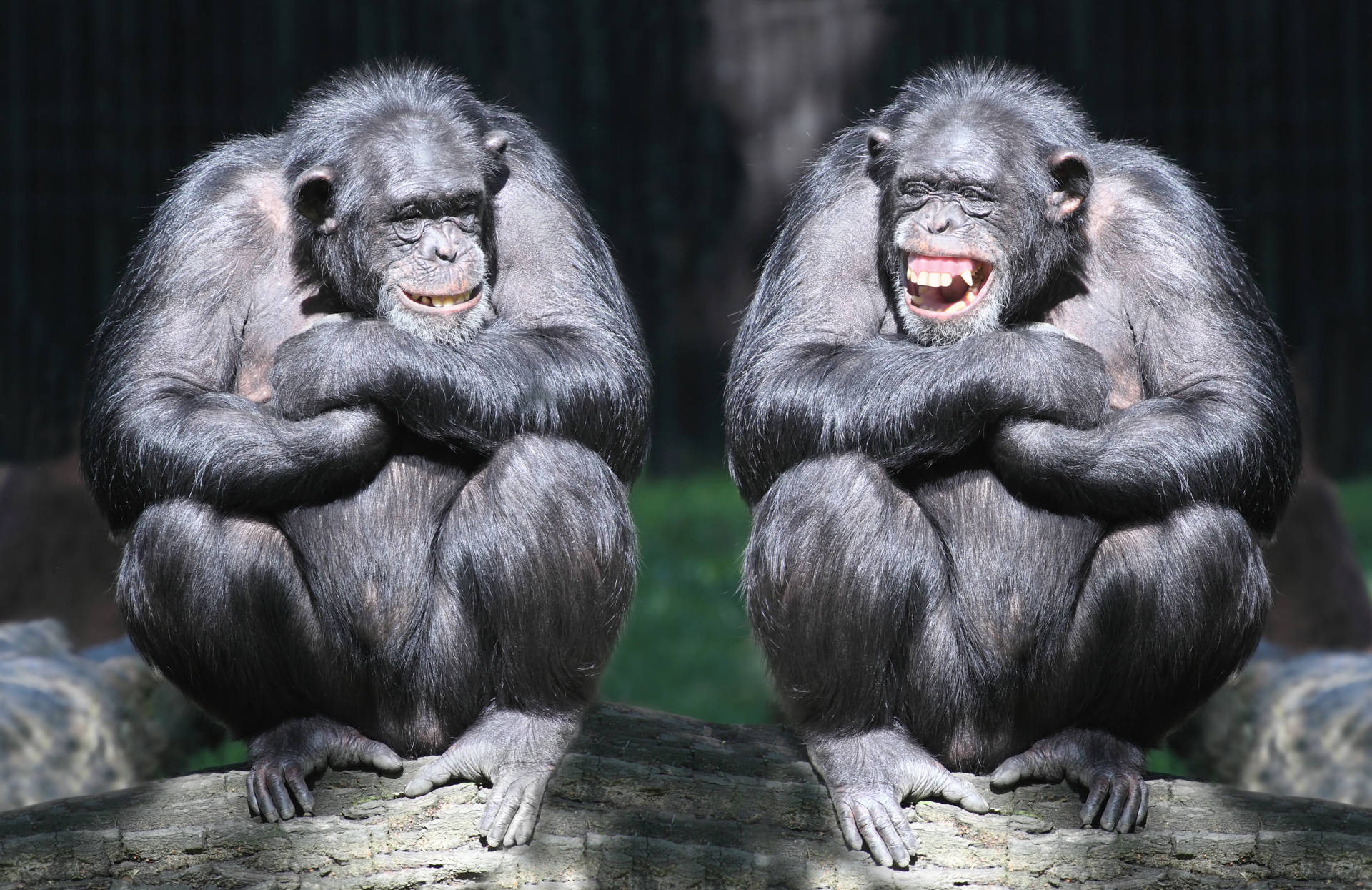On the history of the term 'alpha male'
The term goes back to the '40s and '50s, in wolf research, to describe the highest-ranking male or the highest-ranking female.
There's a very simplistic view of an alpha male in today's literature, and I object to that. Today an alpha male is usually thought to be strong, bullying and intimidating. The term actually became popular after my book "Chimpanzee Politics. " Since then they use it in Washington D.C., but I don't agree with the way they use it.
On the attributes of an alpha male
I divide them into two categories. One are the bullies. That's the minority and they usually don't last very long. They last a couple of years and then they are ousted, or killed sometimes, or kicked out of the group.
The other category has leadership capacities. They're not just bullies -- they break up fights, keep the peace in the group and defend the underdog, as when the pope or the president visits the sites of earthquakes and hurricanes to provide comfort.
TEDMED will post De Waal's most recent talk later this year. Here is his previous TED talk.
https://www.ted.com/talks/frans_de_waal_do_animals_have_morals
On the alpha versus bully distinction and its relationship to the current political situation
I am struck by the fact that our current president is so often called an alpha male, which started in the elections. People were boasting about what an alpha male he was. I'm still waiting to see the leadership capacities that I so much value in chimpanzees.
The rise to the top can be done with intimidation and bluffing, but what happens after that when they are in the top position, they sometimes become very cocky. They think they can do anything. The group usually puts an end to that.
On empathy and building alliances
Alliances are always necessary. It's very unusual that a male completely rises to the top on his own. He needs to have a few buddies and female support. Then you need keep the ones who brought you to power, happy.
On empathy, I call the chimpanzee males at the top the consolers-in-chief. This consolation behavior that males show is actually very unique because females usually do much more of it than males. Females are more empathetic in all mammals. Males who are very good at that are very much valued by the community.
On the desire to vote for the alpha male in the presidential election
It was clear that Donald J. Trump, who had defeated many male candidates just by being tall and lowering his voice and insulting them in their faces, didn't know what to do with Clinton. He much preferred attacking Obama and Clinton's husband, which in fact he did right before the second debate by dragging up some sex accusations. Trump loomed large behind Clinton but also knew that his usual tactics would not work against a woman.
This dynamic was very interesting, because also among chimpanzees, the males know how to handle each other, which is all bluff and vigor, but usually cannot fight a female the same way as a male. After all, their competition is all about females, so harming them, or even killing them, is one of the worst things they can do. Attacks on females also may trigger defensive responses. In human politics, this might apply even more.
Lessons for humans?
What I've learned is that a lot of things that we think are uniquely human are not. We tend to exaggerate these things -- that morality and culture are uniquely human. Now we know from primate studies that we are not inventing so much.
We have a primate psychology, and that has implications. It's not so much practical implications. People sometimes ask me how do we resolve the Palestinian conflict if it's based on chimpanzee behavior. I don't think that's going to happen, but we do learn that the way we look at our own species is erroneous.


